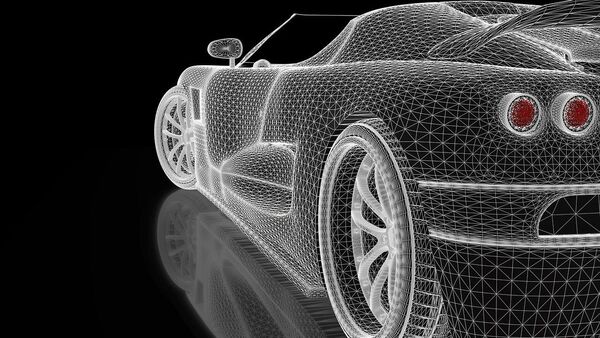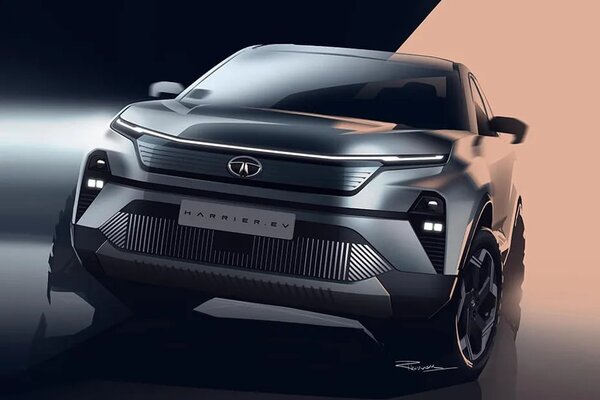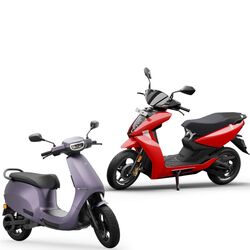Want to buy an electric car? Five essential considerations to keep in mind
- EVs sure make an emphatic statement but just because the world is turning towards battery power, should you strongly consider one?


Electric cars are making their presence felt on global roads and are poised to deliver a major blow to ‘conventional’ vehicles in the years to come. While adoption rate may vary from country to country – depending on factors like available options, pricing, charging infrastructure and more, there is little doubt though that battery-powered four-wheeled options will become a very common sight soon.
But just because electric cars have a lot of potential, do these make sense for you. And, more importantly, make sense for you today? Here are five essential considerations before diving out on battery power:
An electric vehicle (EV) is touted as a mobility option that is easy on the pocket, at least in terms of running cost. While the price stickers are coming down, it is the low cost of driving an EV – compared to a petrol or diesel-powered car, that is a great benefit. But only if your daily or weekly drive distances are great.
As an obvious, the more one drives in an EV, the more the savings. Charging at home as against a public charging point is cheaper still. As a thumb rule, if someone drives in excess of 10,000 kms each year, an EV will make great sense because the savings on running cost over an extended period of time.
The support infrastructure for EVs is rapidly expanding in major metropolitan cities in the country. Common public charging stations are becoming increasingly available with several private and governmental players in the fray. Home charging stations come complimentary with almost every EV which means that an EV can also be charged at residences, regardless of whether these are in big cities or small towns.
Major highways of the country are also getting EV charging points although frequent long-distance highway travel may still be a challenge for most battery-run vehicles.
For anyone staying in smaller towns and with a frequent need for highway travel, a careful consideration of charging point availability is needed before purchasing an EV. Also bear in mind that EV charging points can malfunction and repairs may not happen immediately anywhere.
Tata Motors has a lion’s share in the electric car segment with products like Tiago EV, Punch EV, Tigor EV and Nexon EV. The first three models are priced relatively well, offering a great option for city driving. And even Nexon EV may be a compelling choice for those determined to go electric and prefer an SUV body type.
Then there is MG Motor with the very unconventional Comet EV that is priced well but its design may leave much to be desired. The ZS EV looks good, drives well and offers plenty of luxury but may not suit every budget. Hyundai has Kona EV and Ioniq 5 while Kia has EV6, all at a considerably price point for the average middle-class Indian car buyer. And the luxury EV segment is playing in a different league.
Prices across the board are likely to fall in the times to come owing to factors such as battery-pack localisation, increased options and intensifying rivalry. Ideally, a 15 to 20 per cent premium over a comparable engine-powered car is ideal for an EV. Anything less is obviously better.
Some swear by hybrids. Others are passionate about all-electric cars. Opinions may be divided but understand the essential differentiations. Hybrids are comparatively more affordable than comparable fully-electric models but seek to enhance petrol mileage by briefly running on battery power. There is no hassle of plugging the hybrid car to a wall socket or to hunt for a charging station. The drive range is significantly better and when low on fuel, a gas station is almost always near.
A fully-electric car is cheaper to run and service costs are less. It also has zero emissions, a solid statement of intent to benefit the environment. A few hybrids also have a compromised boot space which is not a problem in EVs. Which one suits you would depend on budget, drive distances/pattern and personal preferences for drivetrain.
Also check these Cars
EVs are finding many takers but it is still very early to determine the re-sale value that such a car would eventually command. Battery longevity is a concern for many even if manufacturers offer warranty lasting several years. This is a grey area with little historical or empirical data to rely upon.








 64.8 kWh
64.8 kWh 418 Km
418 Km


















